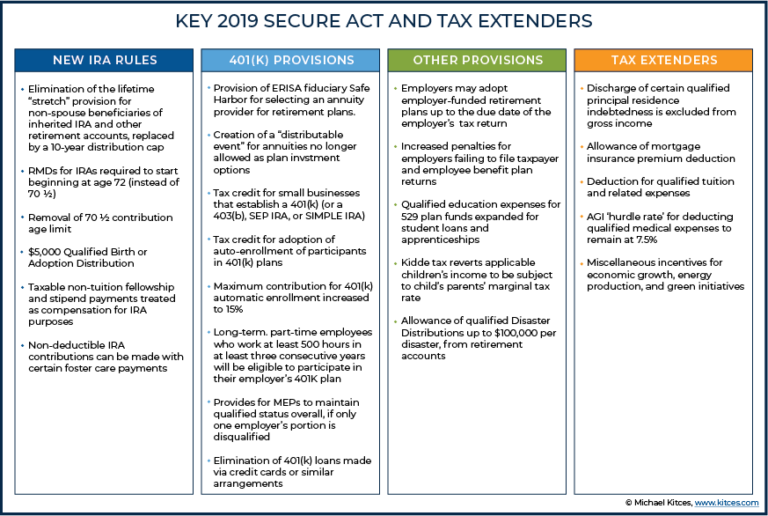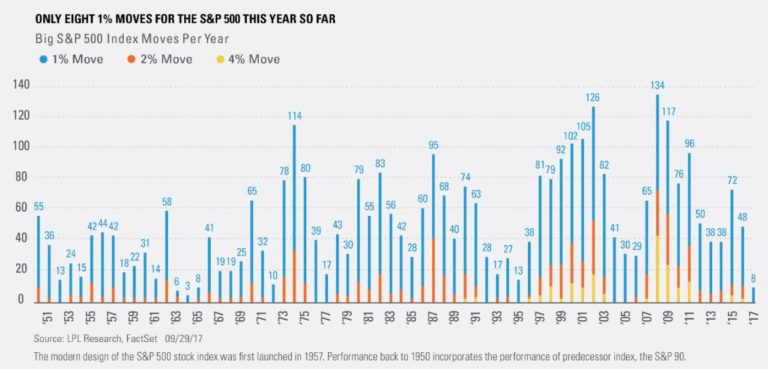Aging Isn’t For Sissies
Thanksgiving 1986, we traveled to Sewanee, TN to see Jonathan’s family: parents, sisters, cousins, and a host of golden retrievers. Jonathan’s mom, Charlotte, always got an A+ on Thanksgiving. Her home was inviting, her turkey was perfect, she had mastered all the sides as well – always with what seemed like such ease.
But that day when we arrived a couple of hours before the meal was to be served, Charlotte stood in the kitchen, visibly flummoxed. “I can’t do this,” she said “I just can’t pull it off. I don’t know when to start the roast, and I’m not even sure what I cook with a standing rib.”
About the time Charlotte lost her wherewithal in the kitchen, she also lost her way in the car, and the family knew it was time to move her from the steering wheel to the passenger seat. It was one of the more difficult days we remember.
We were shocked and couldn’t get our minds around what was happening to this smart and capable woman of 66. From there, she had good and bad days living at home in the woods near the campus of the University of the South where Jonathan’s dad, Henry, was a retired Professor of Forestry. Henry was on deck 24/7, hired helpers, and the Sisters from The Community of St. Mary, a nearby Episcopalian convent nearby, came to visit and care for both of them.
Am I Next?
Every time I misplace my keys or forget a name, somewhere in the back of my mind, I wonder “Am I next?” My friends all say the same is true for them. For the last three years, Jonathan and I have been part of Wake Forest’s Healthy Aging Advisory Group. We get to hear the latest research on Alzheimer’s Dementia, other Dementias, frailty, and their strong recommendations on good nutrition, exercise, and overall care. They have good guidance about what to do if you or someone close to you seems to be showing signs of memory loss. You can sign up for a comprehensive, medical-based diagnostic to help you understand how long you can expect to have good acuity and function and to help you plan your life around what’s known instead of what’s hoped. Click here to read more about that study and to sign up if you are interested.

While the story of Jonathan’s mom is close and personal, we have been in business since 1988, and have walked with many clients and their families. We lost our firm’s very first client to Alzheimer’s Dementia, after serving her for the last 31 years. We have story after story of our clients’ aging, how they and their families prepared (or didn’t), when preparations worked well and when they didn’t, how unpredictable life is, and how keeping flexible and open-minded has become a necessity, and not a luxury.
In short, planning for our own care and those whom we love is both predictable and unpredictable. In this post, we’ll walk through the basics: Healthcare Proxies and Levels of Care.
A Primer on PROXIES
One of the questions we ask our younger clients is “Are you the family member (PROXY) who will be responsible for the care of your mom and dad (or anyone) as they age?” Even if that family member has made excellent plans, it is unlikely that the responsible party can just put mom or dad on autopilot. Someone will need to be on point to advocate for the aging or disabled family member.
Levels of Care
Before we discuss more detailed aspects, and the finances, of care, it will be helpful to establish a few definitions regarding levels of care.
Independent Living – This living arrangement could be home, an apartment, or retirement community but ideally the PROXY will need to look in on mom and dad and make sure that they have all the help they need and keep alert to when they might need to move to the next level of care.
Rehabilitation – If mom or dad experiences a fall or has surgery, this will mean the PROXY will need to work with the hospital’s social worker to find the right facility, offering short-term stays, and with physical therapy and drug administration.
Assisted living – When mom and or dad can no longer do simple tasks like dressing, bathing, and meal preparation, the PROXY will need to navigate the details of the best living situation for their care, whether they age in place or move to a care facility.
Skilled Nursing – If in assisted living, mom and dad falls, breaks a hip, or has a debilitating medical condition that will require ongoing skilled medical care, the PROXY’s job grows exponentially; they’ll need to oversee moving the one spouse to skilled care while attending to the parent who’s just been stranded at home or in assisted living
Memory Care is the level of care where mom or dad has been diagnosed with dementia by a physician, and like Jon’s mom, their cognitive losses pose a threat to their own safety and that of others. This situation could mean moving from one facility to another or moving within the same facility from one level of care to another. This means the PROXY, after taking everything into consideration, will have decision-making authority. Depending upon mom or dad’s dementia, this could involve a wide range of outcomes, depending on many variables, including family dynamics, resources, and proximity.

Palliative Care is the recommendation by medical professionals for the period (usually not more than a year) preceding, and including, end of mom or dad’s life. The PROXY has decision-making authority to help ensure the quality of mom or dad’s life is as good as it can be, and for as long as it can be. In some cases, a family member can be best-served by remaining in their home.
I have included two client stories below to illustrate how the migration between different levels of care work and what’s required of the PROXY.
Downsizing > Memory Care > New Facility for Skilled and Memory Care
A client who has struggled with dementia for the last ten years yet remains in excellent physical condition. She had an uncommon Long Term Care Insurance Policy (LTCi) which paid for in-home care for as long as in-home care served her needs. Before she experienced any dementia symptoms, she had sold her home and transitioned to a lovely cluster living townhome. Her children hoped she could live in peace and security for the rest of her days. But the disease progressed, nightfall brought on added confusion, and even the motion detection cameras with two-way voice capability wasn’t a solution.
The children convinced mom that a memory care facility would be a better choice and that has worked for three years until a few months ago when she fell and broke a hip. The facility had served the family well and was less expensive than a facility with skilled nursing, so they had selected it to save some of the LTC lifetime benefits. So they moved her from the lovely apartment at the memory care facility to the equivalent of a hospital room in the skilled nursing facility.
From there, she will move from skilled care to memory care in the new facility, but it isn’t the same lovely environment the children or the mom enjoyed. The children hated moving her from her friends and the incredible caregivers at the memory care facility and I emphasize change is hard for everyone, especially our seniors.

Independent Living > Continuing Care Facility > Assisted Living
A person moved to Greensboro to be closer to family. She opted for an independent living apartment in a lovely continuing care facility. that is a soup to nuts place to age. Rather quickly and unexpectedly, she started showing signs of dementia. The facility contacted her daughter to say that independent living, even with family-provided increased help, paid for by the family was not enough. The facility strongly recommended that our client move to assisted living.
Our client was very resistant if, for no other reason, it meant breaking in a whole new set of friends and learning her way around a new wing of the facility. Even though this client has a superior LTCi policy, it isn’t an easy situation. The top-flight facility has a large staff of social workers, moving experts, and helpers, so the move was less trouble for the family. But change is never pain-free. It seems the older you are, the harder change is, so the daughter had to take more days off work and supervise the move and to make certain she felt good about leaving mom in yet another new spot. The daughter summarizes it as “It seems like caring for mom is all I do, and it’s exhausting!”
Next Steps and Resources
What can I do to save my children from this trouble? If I am the PROXY what, if anything, can I do to make situations like these easier for my mom and dad? I don’t have nearly all the answers, but I can point you to some good resources and will continue to share what I know and discover about aging well in the coming blog posts. Meanwhile reading Mary Pipher’s Another Country is a good start for the PROXY and Being Mortal should be required reading for everyone.








